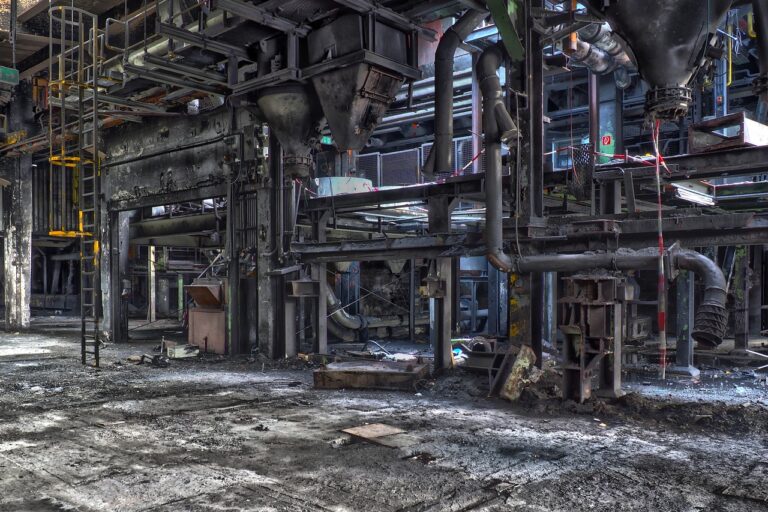Sustainable Living: Tips for Creating an Eco-Friendly Home
A simple strategy to reduce energy consumption is to unplug electronic devices when they are not in use. Many appliances continue to use power even when turned off, a phenomenon known as standby power. By disconnecting these devices from the outlet when not in use, you can prevent unnecessary energy waste and lower your utility bills.
Another effective method to lower your energy consumption is to switch to energy-efficient LED light bulbs. These bulbs use significantly less electricity than traditional incandescent bulbs and have a much longer lifespan, making them a cost-effective and environmentally friendly choice for your home. By making these small changes in your daily habits, you can contribute to a more sustainable future while also saving money on your energy bills.
Choosing Eco-Friendly Appliances
When selecting appliances for your home, it is important to consider their energy efficiency. Opting for eco-friendly appliances can significantly lower your carbon footprint and reduce energy consumption. Look for appliances with high energy star ratings, as these are designed to perform efficiently and save on both energy and costs in the long run.
Additionally, consider the size and capacity of the appliances you choose. Selecting appropriately sized appliances for your household needs can prevent wasteful energy usage. Smaller appliances often consume less energy, so it is beneficial to choose ones that match your specific requirements rather than opting for oversized models that may be unnecessary and consume more resources.
Creating a Sustainable Water System
One of the key components of creating a sustainable water system is reducing water wastage. Simple actions like fixing leaky faucets, installing low-flow showerheads, and using water-efficient appliances can significantly decrease water consumption in households and businesses. By practicing mindful water usage, we can help conserve this precious resource for future generations.
In addition to reducing water wastage, implementing rainwater harvesting systems can further contribute to the sustainability of our water supply. Capturing and storing rainwater for non-potable uses such as watering plants, washing cars, and flushing toilets can help reduce the dependency on treated water sources. Utilizing rainwater not only conserves water but also reduces the energy required for water treatment and distribution, making it a cost-effective and eco-friendly solution for water management.







